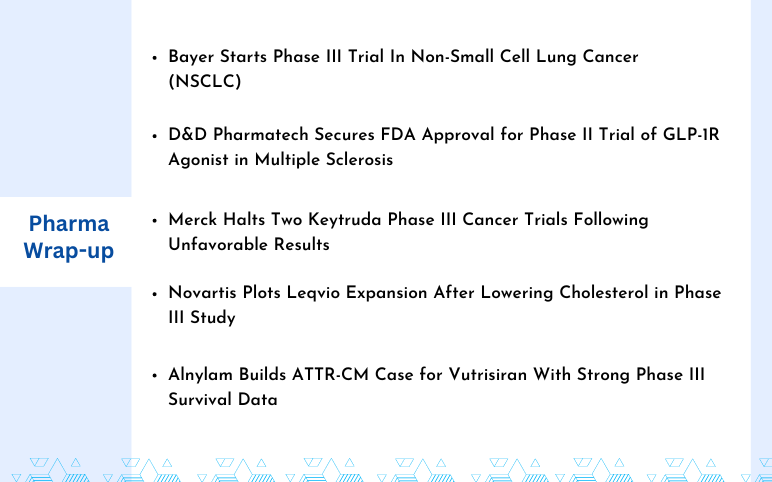Non-melanoma skin cancer is a group of cancers of the skin and is broadly classified into Basal Cell Carcinoma (BCC) and Squamous Cell Carcinoma (SCC). It has the greatest prevalence in the United States, which can be seen through statistics which show that basal cell carcinoma accounts for 80% while Squamous cell carcinoma accounts for 20% of the non-melanoma cancers. Cutaneous Squamous Cell Carcinoma, also known as cSCC, arises from malignant proliferation of the keratinocytes of the epidermis and are associated with a substantial risk of metastasis. The incidence of cSCC has increased over the past 20 years globally and is associated with higher levels of sun exposure or the use of tanning beds. Different sub-types of cSCC occur rarely but are linked with more aggressive behavior.
The occurrence of shallow ulcer with elevated margins covered by a plaque, crusting, surface changes such as deep ulceration and pink cutaneous nodule are some of the signs and symptoms of Cutaneous Squamous Cell Carcinoma, which can also be predicted in unaffected people by marking the presence of actinic keratoses (AKs) on the sun-damaged skin. The disease mostly affects the male population and increases dramatically with age. The risk of Cutaneous Squamous Cell Carcinoma pathogenesis is increased due to immunosuppression, human papillomavirus infection, exposure to ultraviolet radiations, ionizing radiation, and chemical carcinogens. Patients who have undergone organ transplantation are 100 times more likely to develop cutaneous squamous cell carcinoma. If diagnosed early, it provides the best opportunity to cure cSCC.
The treatment is indicated since the progression of the tumor that may lead to local tissue destruction or metastasis in significant morbidity or death. Regular use of sunscreen reduces the risk of developing squamous cell carcinoma by about 40 percent. There are currently no products in the late-stage i.e. Phase III and a majority of the products are in the mid-stage (Phase II trials). Genentech is involved in the development of a drug which is in Phase II and is a combination product. Regeneron Pharmaceuticals is developing another Phase II product in collaboration with Sanofi using its proprietary technology. Other technologies being used for the therapeutic development of Cutaneous Squamous Cell Carcinoma include VDAC/HK2 Modulators technology and Immune-chemotherapy technology. With proper monitoring of the signs and symptoms, it will become easier to anticipate the diagnosis that will help in designing a proper treatment strategy.
Insight by:
Ayushi Sinha
Associate Analyst
DelveInsight is a leading Business Consulting and Market Research Firm. We help our clients to find answers relevant to their business, facilitating their decision-making. DelveInsight also serves as a knowledge partner for business strategy and market research. We provide comprehensive analytical reports across various therapeutic indications. DelveInsight has a database of 3000+ high-quality analytical reports.



